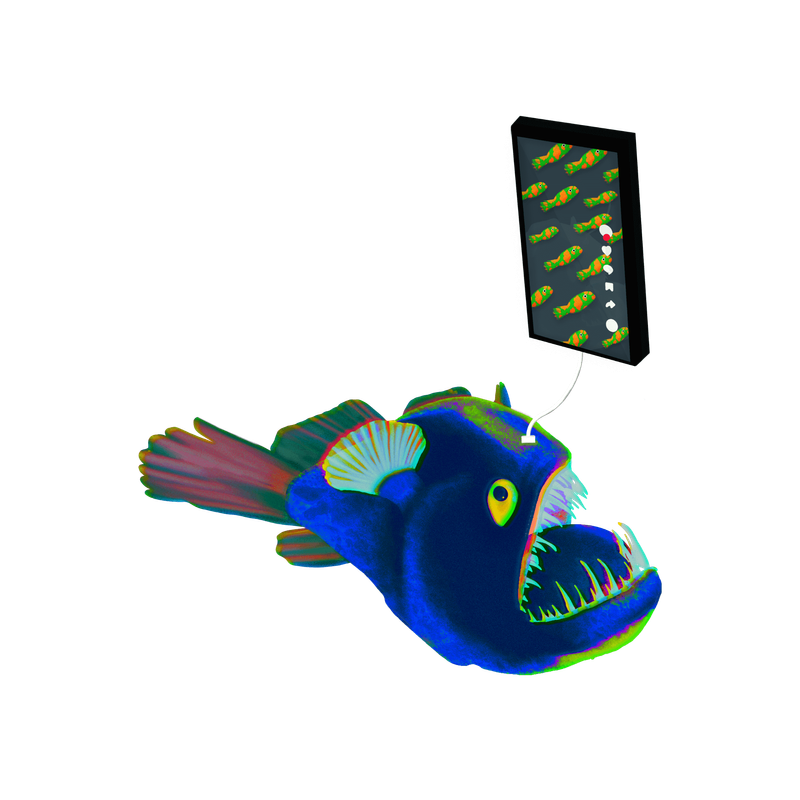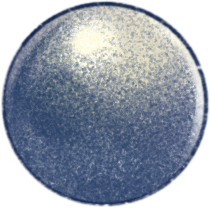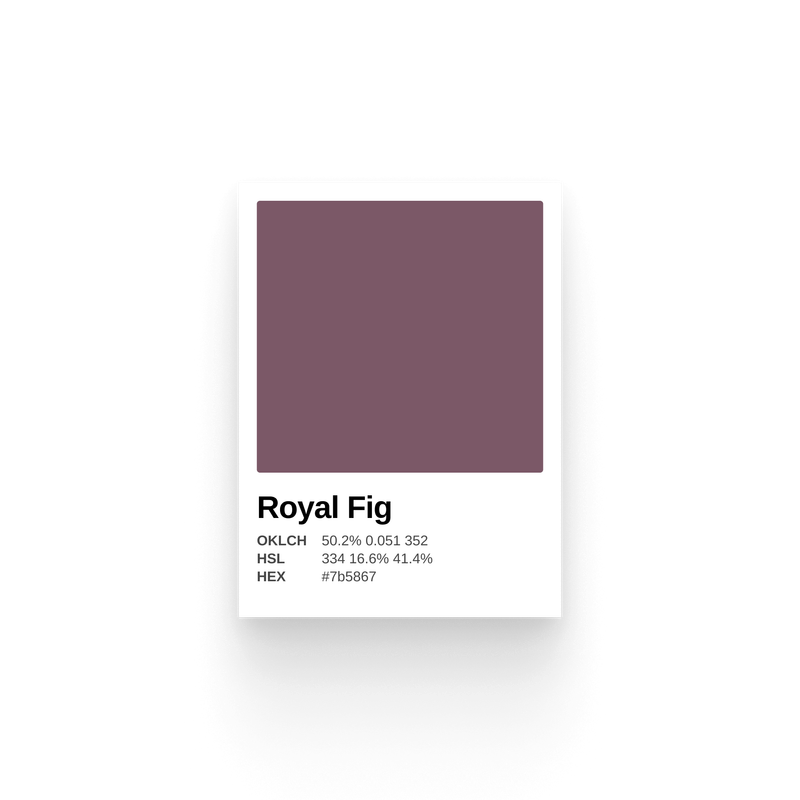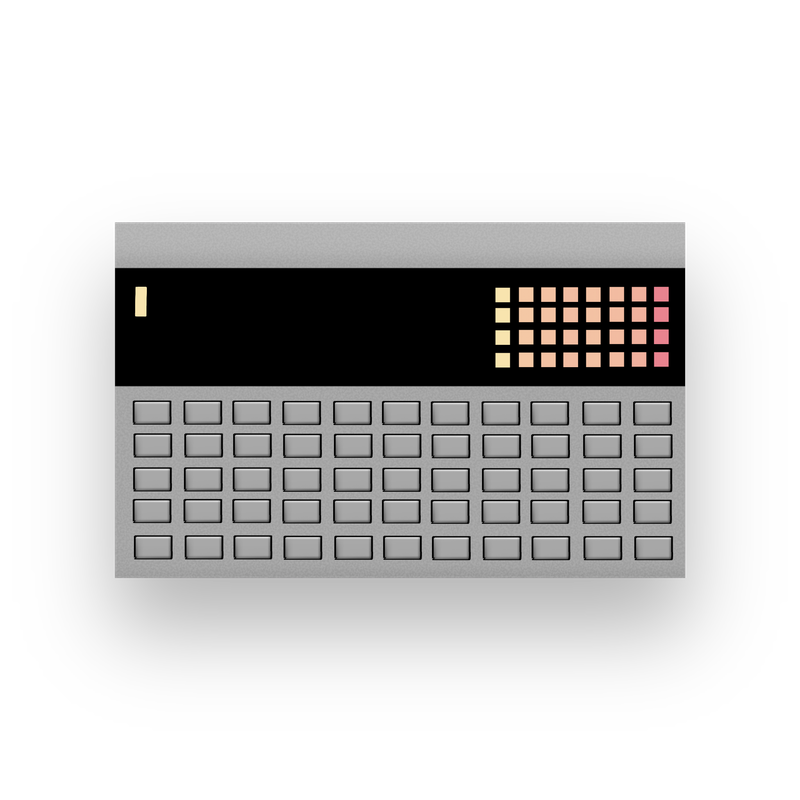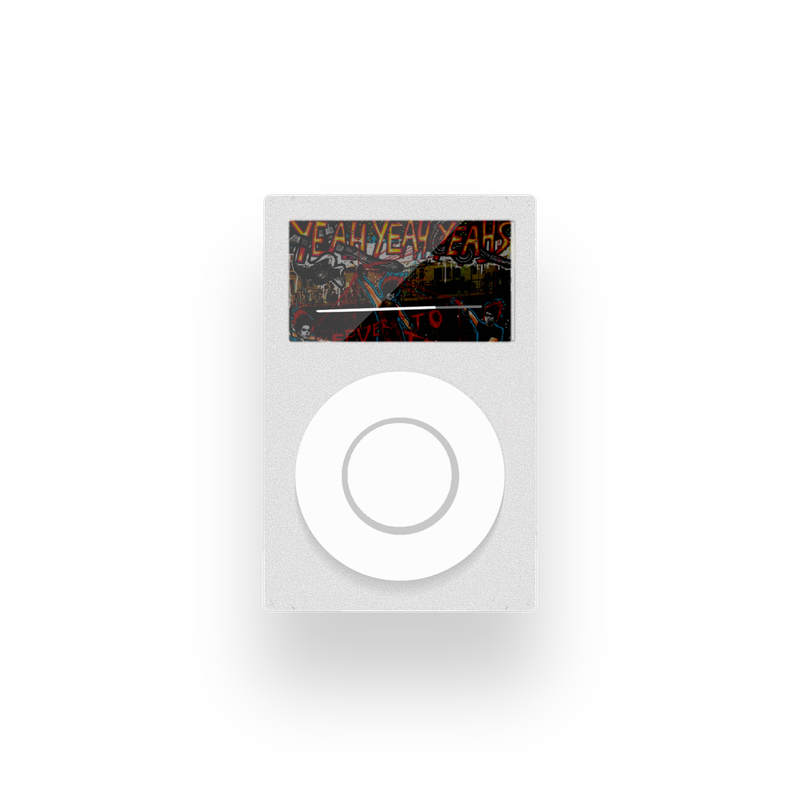They said it couldn't be done. But this post is tagged philosophy and code, bringing together my former life with the present.
I recently had the pleasure of joining RedMonk analyst Kate Holterhoff on her show, The Docs Are In, which features interviews with people in tech who have PhDs.
We talked about the similarities between academia and engineering, the state of developer advocacy in 2023, and how to write docs well. In general, transitioning from the realm of academia to the tech industry, I've found that the skills and insights gained from high-level research, writing, and teaching have unexpected parallels in the world of developer experience and documentation.
Check out the video or podcast to hear more.
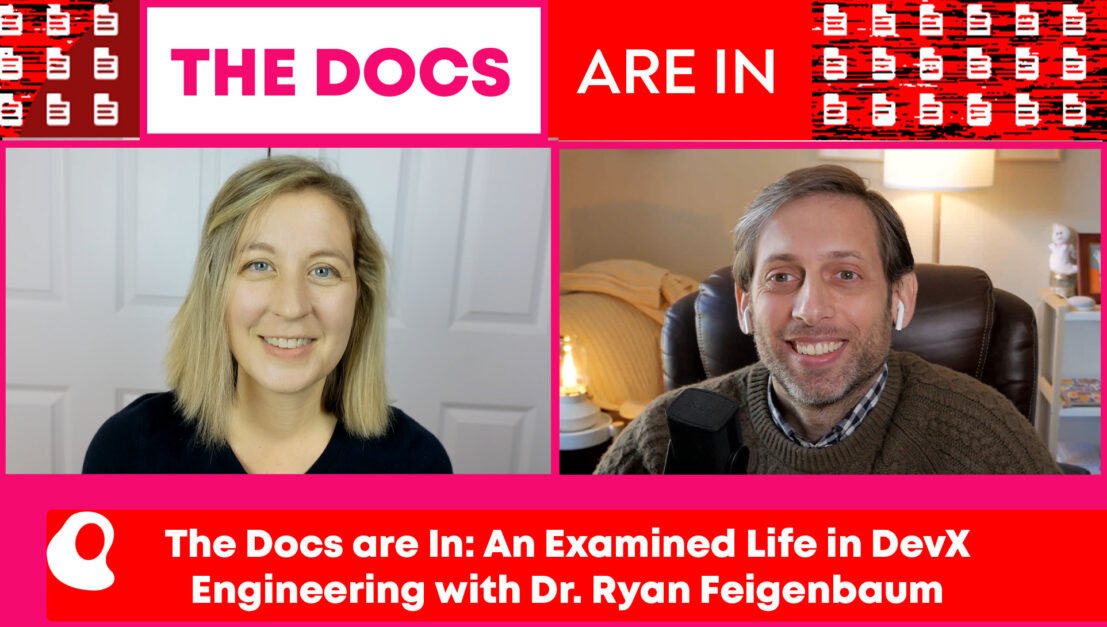
In that former life as a philosopher, I studied the history and philosophy of biology in late eighteenth-century Germany. Even then, I spent a lot of time on web dev, design, and bike shedding. To procrastinate actually writing the dissertation, I made cover art for it:

And a digital exhibit for The New York Botanical Garden. (This was legitimate, not procrastination.)
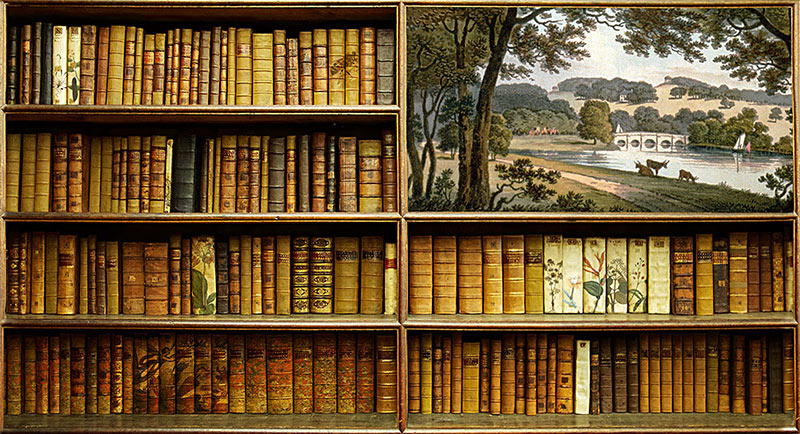
And, of course, wrote and presented on philosophy and science:

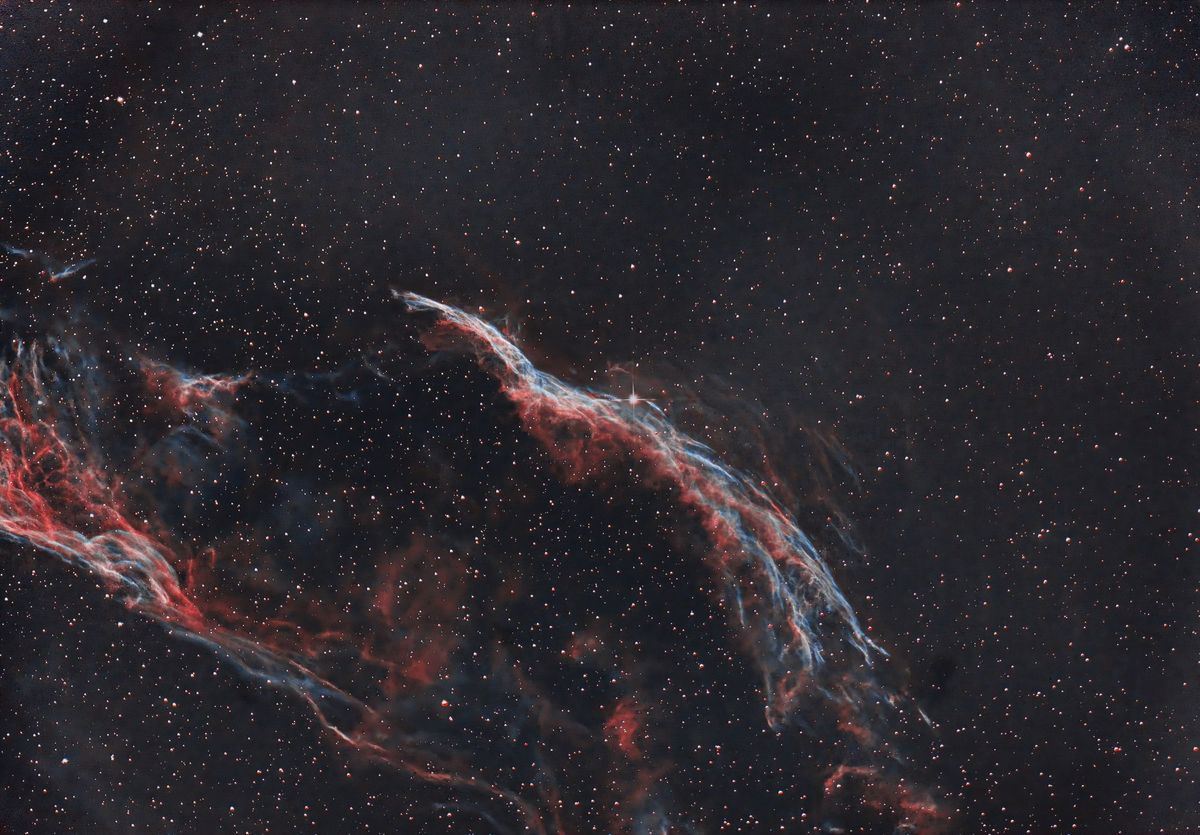

Whether it's the complexity of Kant's epistemology or a series of nested ternaries, it's clear that the core of my work remains unchanged: a quest for understanding and elucidating complex systems, teaching others, and creating cool shit.
To all this and more in 2024 🥂
